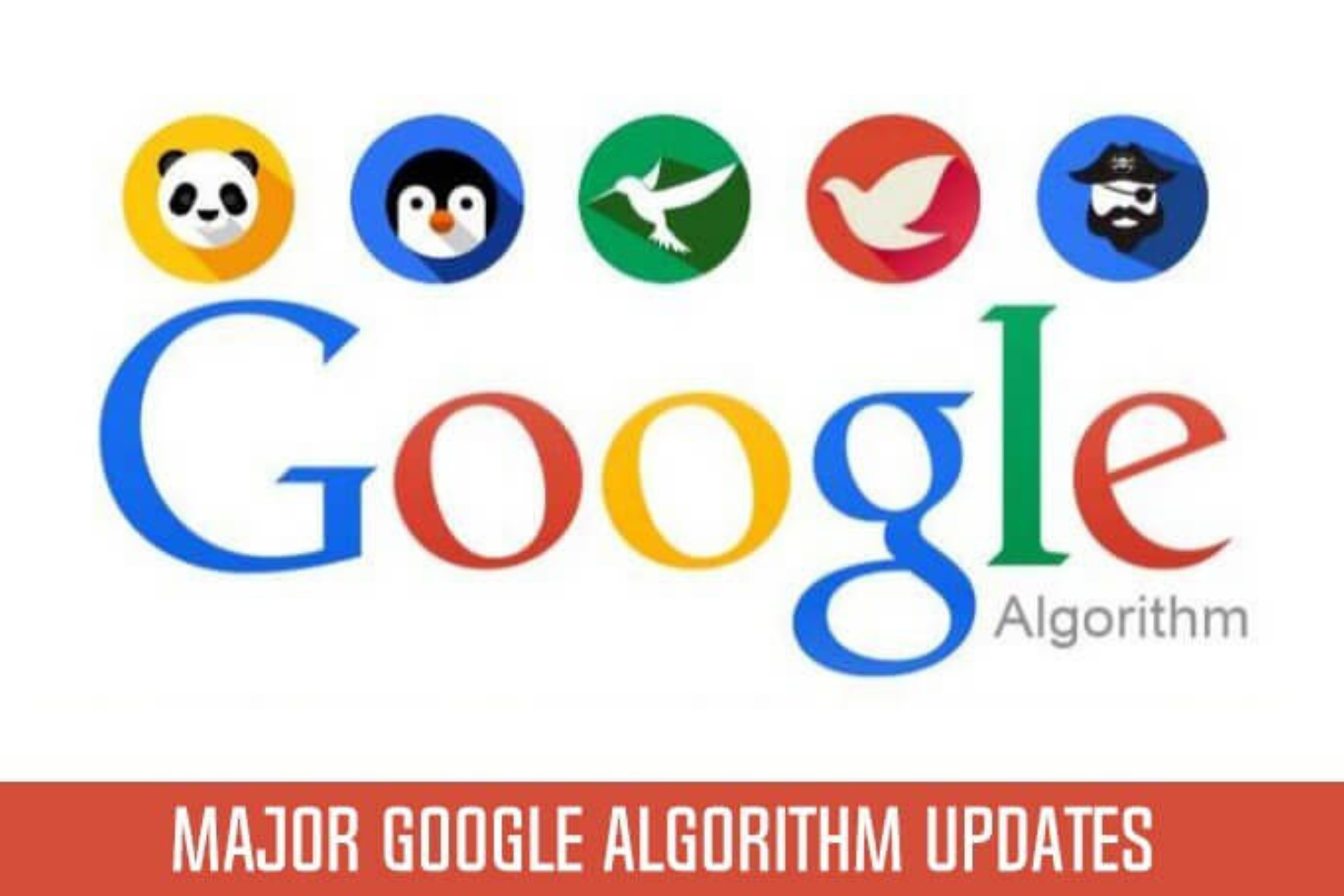09 December
The Data-Driven Marketer's Toolkit: Leveraging Analytics for Digital Marketing Success
published
August 23topics
#MarketingThe blog discusses the pivotal role of data in modern marketing and how data-driven marketers utilize various analytics tools and strategies for making well-informed decisions. The toolkit for data-driven marketers encompasses web analytics, social media monitoring, customer segmentation, and predictive analytics. Through the effective utilization of these tools and a profound understanding of the target audience, marketers can extract valuable insights, track metrics, and attain successful outcomes in the realm of digital marketing. The article aims to empower marketing professionals and business owners with the essential knowledge and tools required to excel in the data-driven marketing landscape.
The Significance of Data-Driven Marketing
Data-driven marketing entails the utilization of data and analytics to optimize marketing strategies. It revolves around using data, rather than assumptions, to comprehend customer behavior, preferences, and trends. This enables marketers to tailor campaigns precisely to the right audience, at the right time, and with the right message. The advantages of data-driven marketing encompass
- Measuring Campaign Success: By closely monitoring key metrics and KPIs, marketers gain insights into the efficacy of their campaigns, facilitating data-backed adjustments for improved outcomes
- Personalization: The analysis of customer data empowers marketers to comprehend individual preferences, resulting in highly targeted and relevant content that fosters increased engagement and conversion rates
Understanding Digital Marketing Analytics
Digital marketing analytics involves the collection, measurement, analysis, and reporting of data from diverse channels to provide insights into the performance of campaigns. It empowers marketers to make informed decisions and refine strategies. Grasping crucial metrics and KPIs is vital for enhancing marketing endeavors. Key metrics include:
- Website Traffic: Reflects reach, visibility, campaign evaluation, and website enhancement
- Bounce Rate: Indicates engagement levels; a high rate signifies issues, while a low rate suggests value and engagement
- Conversion Rate: Measures successful actions like purchases or sign-ups, reflecting campaign effectiveness and ROI
- Average Session Duration: Offers insights into audience engagement and interest
- Social Media Engagement: Measures interaction and impact on social media posts
Leveraging Tools for Digital Marketing Analytics
Effective data-driven marketing necessitates robust analytics tools for data collection, analysis, and reporting across various digital marketing channels. A crucial tool is Google Analytics, a free web analytics platform by Google. It empowers marketers to track and analyze website traffic, user behavior, and conversion rates, yielding valuable audience insights and facilitating data-driven decisions for optimized website performance.
Key Features of Google Analytics include:
- Audience Report: Provides insights into visitor demographics, interests, and behaviors
- Acquisition Report: Tracks website traffic sources, including organic search, paid search, social media, and referrals
- Behavioral Reports: Analyzes user behavior, page visits, time spent, and actions taken
- Conversion Reports: Measures the effectiveness of conversion goals, such as purchases and sign-ups
Google Analytics furnishes abundant data and insights, aiding marketers in making data-driven decisions and optimizing digital marketing endeavors. By setting goals and tracking key metrics, marketers can gain a deeper audience understanding and refine strategies for improved website performance and outcomes
Social Media Analytics: Measuring Success and Engagement
Social media platforms like Facebook, Instagram, and Twitter offer built-in analytics tools that empower marketers to track and assess the outcomes of their social media campaigns. These tools provide valuable insights into audience demographics, engagement levels, influence, and impact, enabling marketers to gauge the effectiveness of their social media endeavors.
Key Metrics in Social Media Analytics include:
- Reach: Quantifies the number of unique users who viewed your social media content or ad
- Impressions: Represents the total count of your social media posts or ads
- Engagement: Measures the level of interaction and activity on your social media posts, encompassing likes, comments, shares, and clicks.
- Click-Through Rate (CTR): Calculates the percentage of users who clicked on a link or took action in response to your social media content.
By diligently monitoring and analyzing these metrics, data-driven marketers can comprehend the efficacy of their social media campaigns and subsequently make informed decisions to optimize their strategies for better outcomes.
Email Marketing Analytics: Measuring Open Rates, Clicks, and Conversions
Email marketing serves as a potent tool for engaging audiences and driving conversions. To evaluate the triumph of an email marketing campaign, it is imperative to track key metrics such as open rates, click-through rates, and conversions.
Key Metrics in Email Marketing Analytics include:
- Open Rate: The percentage of recipients who open your email, indicating the relevance of your subject line and content
- Click-Through Rate (CTR): The percentage of recipients who click on links or take actions within your email, reflecting the appeal and impact of your content
- Conversion Rate: The percentage of recipients who perform a desired action, such as making a purchase or subscribing to a newsletter, serving as a measure of campaign effectiveness
By meticulously monitoring and analyzing these metrics, marketers can gain valuable insights into the performance and effectiveness of their email marketing initiatives. Data-driven decisions can then be made to enhance results.
SEO Analytics: Monitoring Keyword Rankings and Organic Traffic
Search Engine Optimization (SEO) stands as a pivotal aspect of digital marketing. By optimizing websites for search engines, businesses can augment organic traffic and elevate their visibility in search engine results pages (SERPs). To assess the success of SEO endeavors, tracking essential SEO analytics metrics like keyword rankings and organic traffic becomes indispensable.
Key Metrics in SEO Analytics include:
- Keyword Ranking: Indicates the position of a website in SERPs for specific keywords, reflecting website visibility and performance
- Organic Traffic: Quantifies the number of visitors drawn to a website via organic search results, thereby signifying the extent of reach and visibility in search engine outcomes
By consistently tracking and scrutinizing these metrics, data-driven marketers can ascertain the effectiveness of their SEO strategies and subsequently make informed choices to improve rankings, amplify organic traffic, and achieve remarkable outcomes.
Page Speed Optimization: Enhancing Website Performance through Data
Conversion Rate Optimization (CRO) entails optimizing websites to boost the percentage of users who accomplish desired actions, such as making a purchase. CRO encompasses evaluating user behavior, identifying barriers to conversion, and making data-driven adjustments to heighten website performance.
CRO Tools
- Heat Map Tool: Offers a visual representation of user behavior on a website, pinpointing areas of concern and opportunities for enhancement
- A/B Testing Tools: Facilitate the creation and testing of different versions of a website or landing page to ascertain the most effective iteration
- User Feedback Tools: Enable the collection of user feedback and insights, aiding marketers in comprehending audience preferences.
By harnessing these CRO tools and effecting data-driven modifications, marketers can optimize their websites, bolster user experience, and elevate conversion rates.
Creating a Comprehensive Data-Driven Marketing Strategy
The creation of a data-driven marketing strategy is rooted in utilizing data and analytics to inform decisions and optimize marketing endeavors. Key steps in crafting such a strategy involve defining clear goals, collecting and analyzing data, segmenting the audience, executing data-driven decisions, and continuously measuring and refining efforts. Hiring a data analyst or deploying data analysis software is recommended, particularly for businesses lacking internal expertise. Data analysts possess the proficiency to collect, analyze, and interpret data to provide valuable insights and recommendations. Data analysis software automates data collection and analysis, furnishing invaluable insights without necessitating extensive technical knowledge.
Factors to Consider When Hiring a Data Analyst or Choosing Data Analysis Software:
- Experience and Expertise: Seek individuals or software providers with relevant experience and knowledge in your industry to ensure insightful recommendations aligned with your business goals
- Data Security and Privacy: Prioritize data security and privacy to safeguard sensitive information
- Scalability: Evaluate the scalability of the chosen solution, ensuring it can accommodate growing data volumes and integrate seamlessly with existing systems.
By enlisting the expertise of data analysts or embracing data analysis software, businesses can gain access to invaluable insights and recommendations, which, in turn, inform and optimize their marketing strategies.
Case Study
Real-life case studies serve as powerful testaments to the potential of data-driven marketing. These stories exemplify how data and analytics have been harnessed to create impactful campaigns and drive remarkable results.
Example 1: Increasing Conversion Rates
Company X, an e-commerce retailer, sought to heighten conversion rates and online sales. By scrutinizing website data, they uncovered a trend of visitors abandoning their shopping carts before completing purchases. Utilizing this insight, Company X initiated an email campaign targeting cart abandoners, motivating them to finalize purchases through personalized emails containing special offers. By meticulously tracking open rates, click rates, and conversion rates associated with these emails, Company X achieved a remarkable 30% increase in conversion rates, accompanied by a substantial surge in online sales.
FAQ’s
Q: Which analytics tools are essential for data-driven marketing?
A: Essential analytics tools include Google Analytics for website traffic and user behavior, social media analytics platforms for monitoring engagement, and customer analytics tools for understanding user preferences and behavior.
Q: How can I segment my audience effectively for targeted marketing campaigns?
A: Segment your audience based on demographics, interests, behaviors, and preferences. This allows you to tailor personalized marketing campaigns that resonate with specific audience segments.
Q: What are some key metrics and KPIs I should track for digital marketing success?
A: Important metrics include website traffic, bounce rate, conversion rate, average session duration, and social media engagement. These metrics help measure the effectiveness of your marketing efforts and identify areas for improvement.
Become Our Next Obsession With Your Project.
Let’s talk
We're excited to discuss your ideas, goals, needs, and dreams. Let's schedule a call.
Start a projectSome topics to look into
discover our blog22 November
02 November






